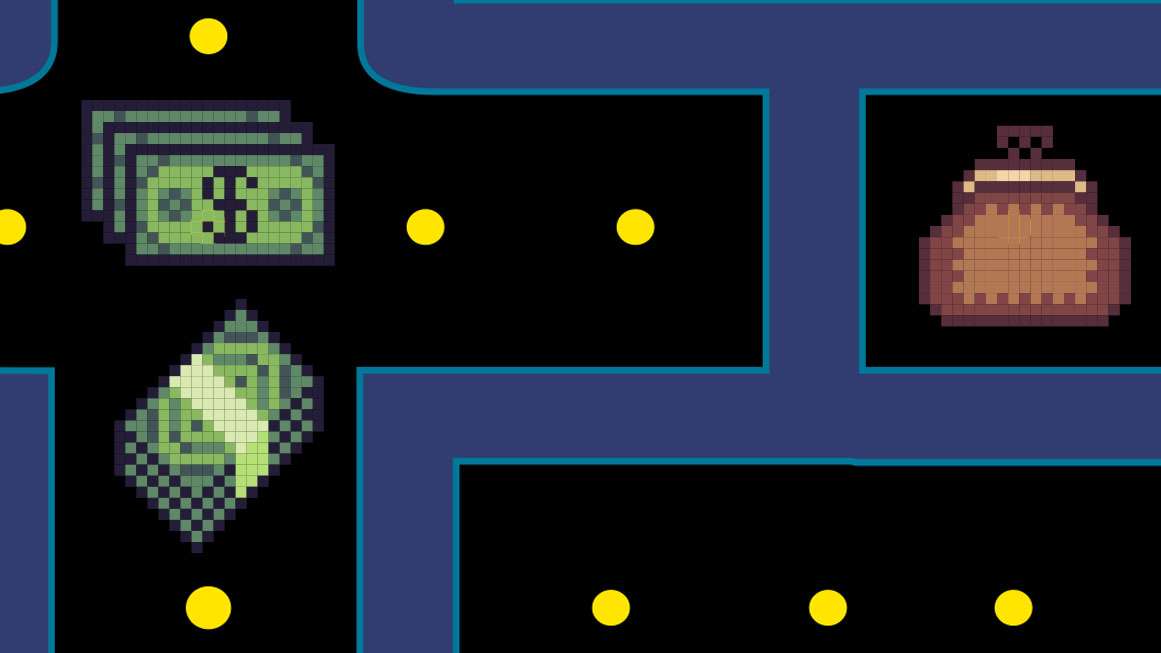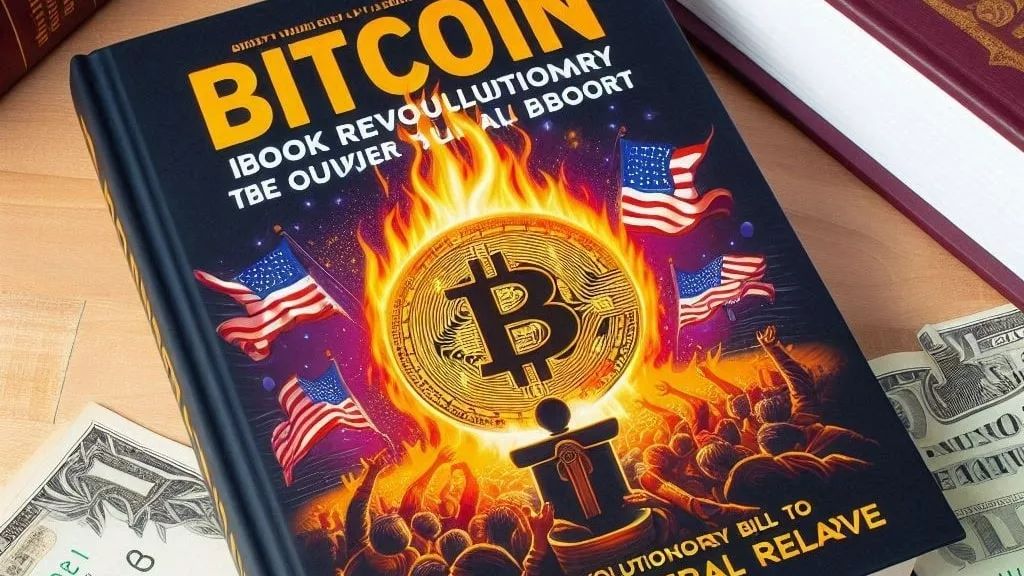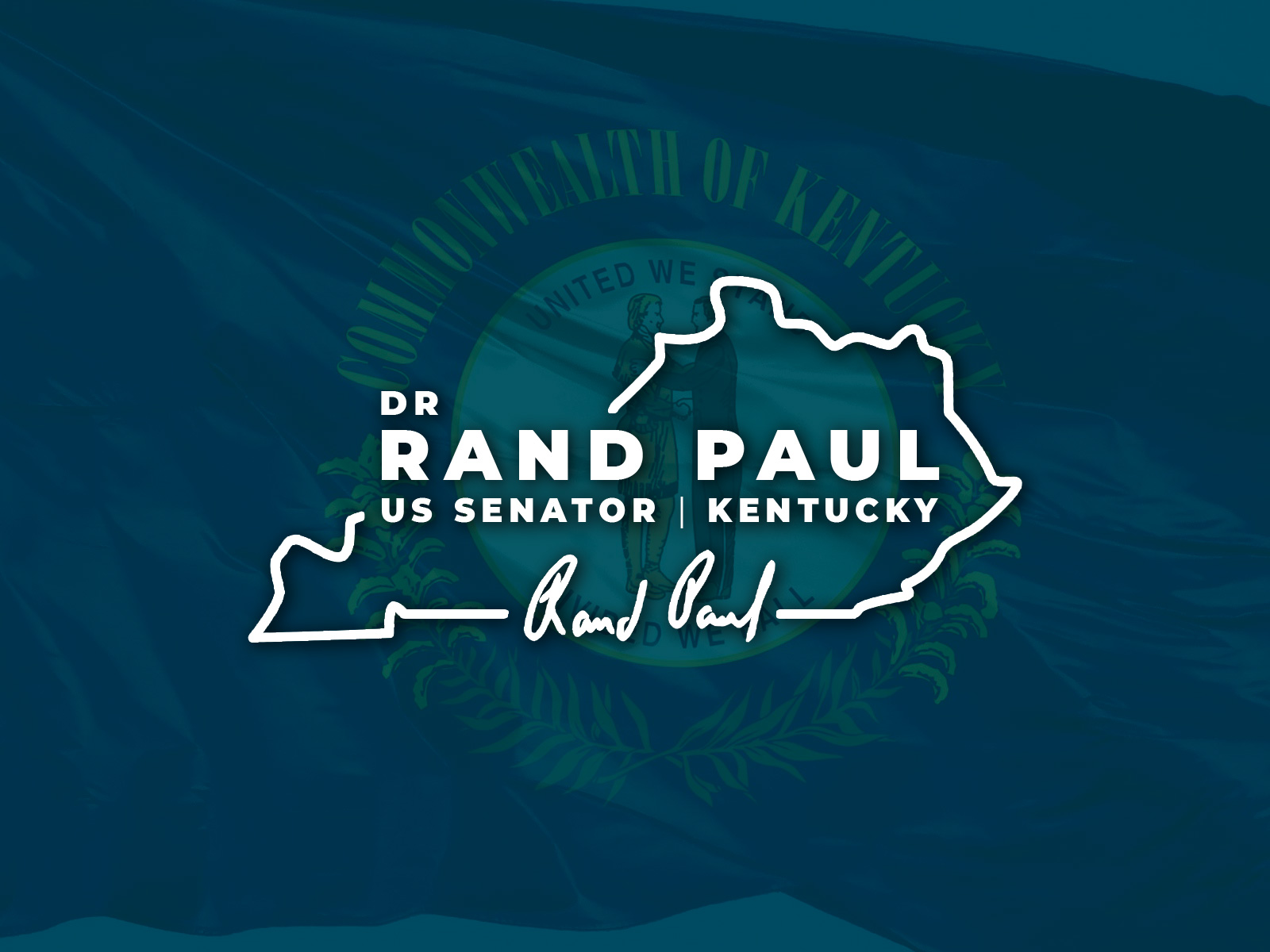



/cloudfront-us-east-2.images.arcpublishing.com/reuters/J7MOL4WAKZKETE65EXMRY6IUZU.jpg)
The debate surrounding the Federal Reserve has gained renewed vigor, particularly with the recent push from Project 2025, initiated by the Heritage Foundation, which advocates for abolishing the Fed and reinstating a gold standard [fef2203f]. This movement echoes sentiments expressed by Milton Friedman in a 1995 interview, where he argued for the Fed's abolition due to its perceived failures in maintaining economic stability [2faf1438].
Historically, the Federal Reserve was established in 1913, and its role has been scrutinized, especially following the financial crisis of 2008 when it significantly increased the money supply, adding $1.35 trillion in that year alone [2faf1438]. Critics argue that the Fed's policies, including near-zero interest rates, have contributed to rising national debt and inflation, particularly noted during the 2021-2022 period [2faf1438].
Congressman Thomas Massie's introduction of the 'Federal Reserve Board Abolition Act' aligns with Project 2025's objectives and has garnered support from several Republican co-sponsors [847db86e]. However, former President Donald Trump's mixed views on the Fed and cryptocurrencies indicate a divide among Republican leaders regarding monetary policy's future [fef2203f].
Supporters of competing currencies, such as Bitcoin, argue that these alternatives could effectively replace the current monetary system dominated by the Fed, promoting greater transparency and competition [2faf1438]. This perspective has gained traction, especially as the Senate prepares to vote on Senator Rand Paul's 'Audit the Fed' legislation, which aims to enhance the Federal Reserve's accountability [418cf8af].
Despite the push for reform, experts like Michael Bordo and John Cochrane caution against the historical instability associated with free banking systems and the challenges of ensuring price stability under a gold standard [fef2203f]. Bordo emphasizes that the gold standard itself did not guarantee price stability, while Cochrane highlights the need for government involvement in defining currency value [fef2203f].
As discussions continue, the Federal Reserve's credibility is further challenged by an ongoing investigation into a trading scandal involving the presidents of the Dallas and Boston Federal Reserve banks [bc763131]. The future of the US monetary system remains a focal point of political debate, with critics arguing that the impracticality of the gold standard could hinder effective monetary policy and economic growth [fef2203f].